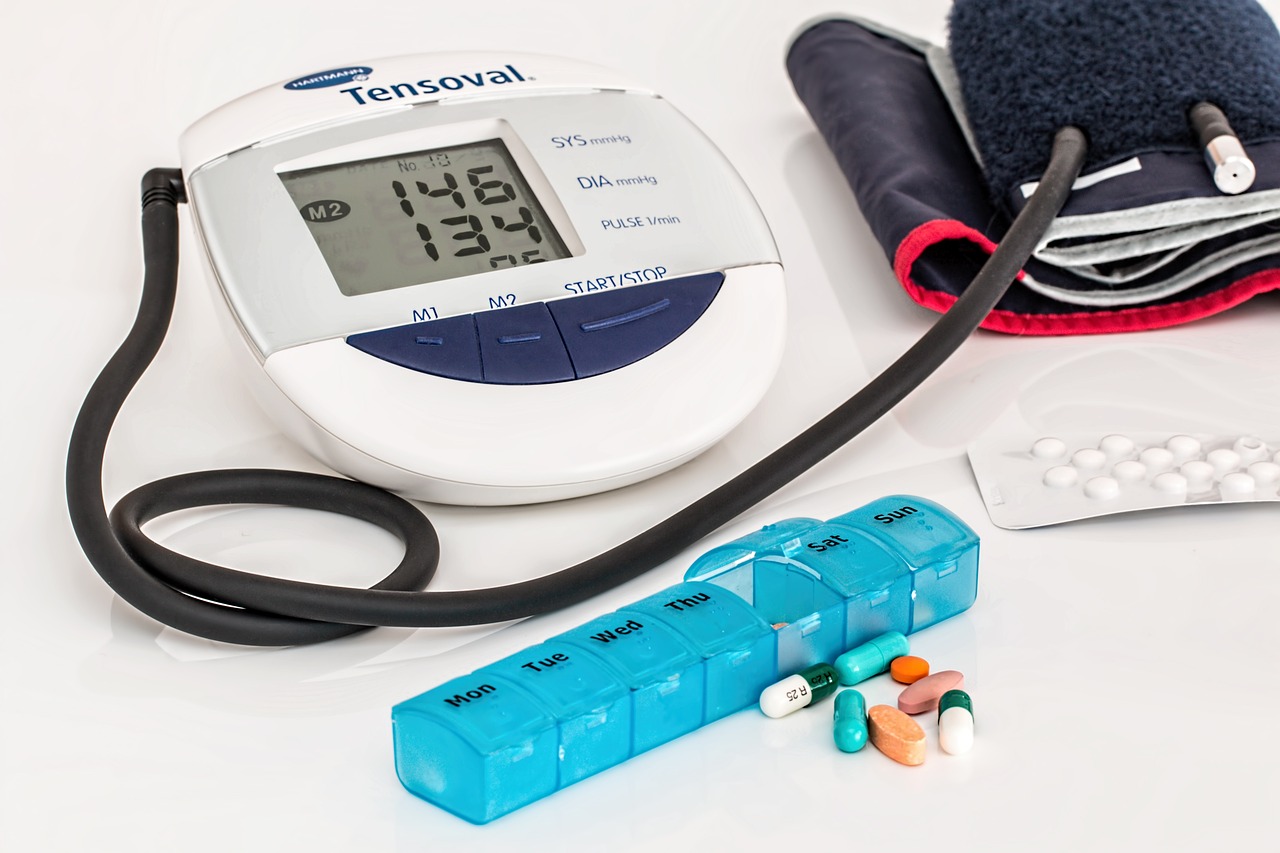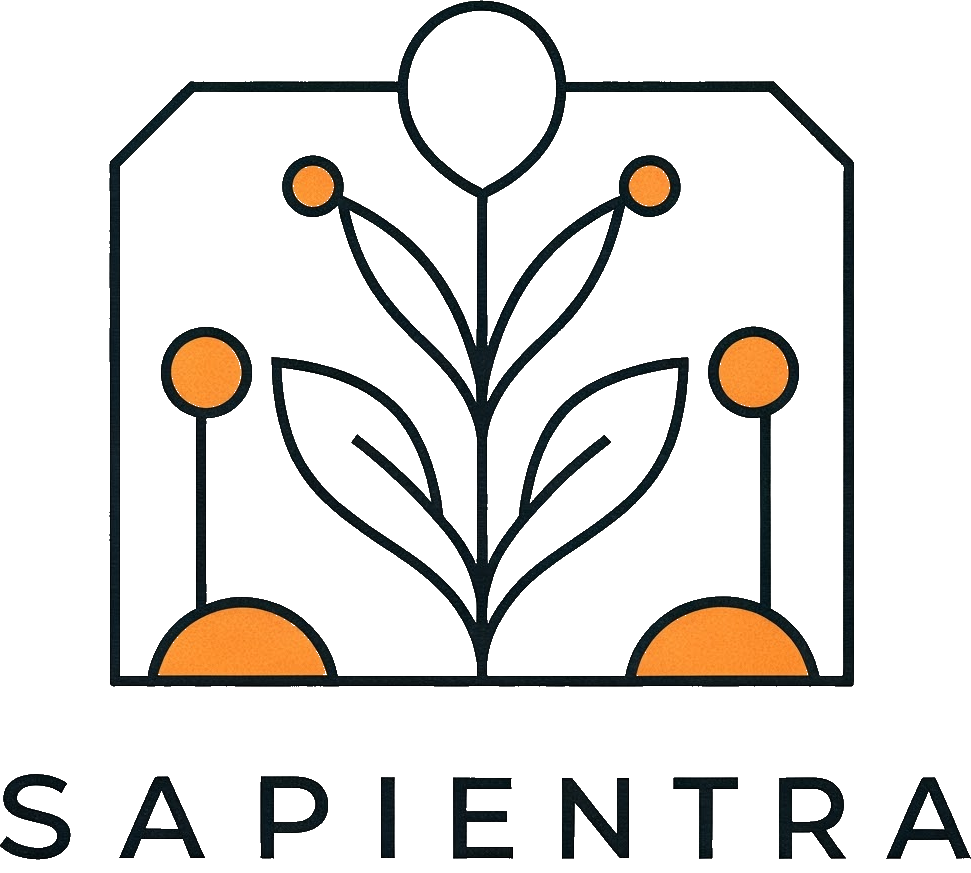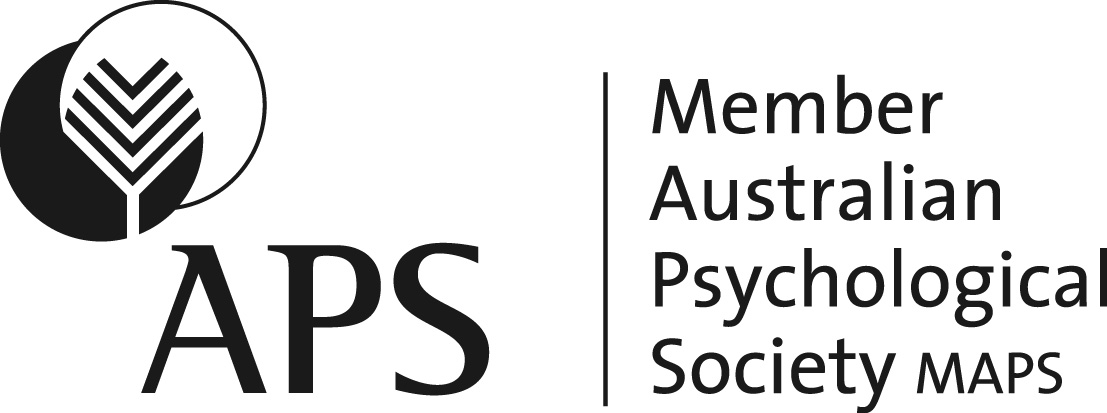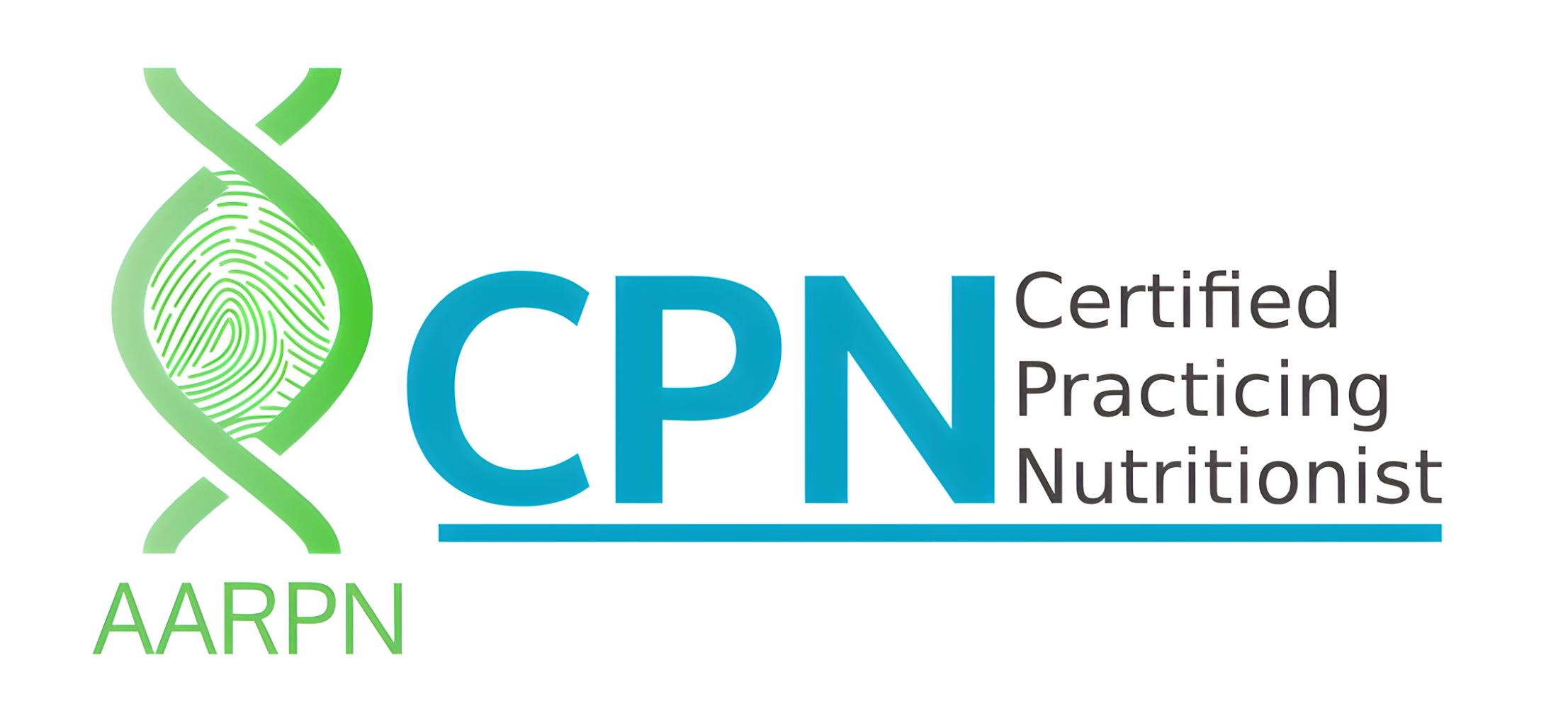Passionate And Experienced
Meet our Team
Our incredible team of professionals are committed to helping you thrive!

Dr Paul McQueen
Clinical Director
Clinical Psychologist
Transforming mental health care, leading with compassionate, evidence-based therapy solutions

Felicia McQueen
Clinical Nutritionist
Exercise Physiologist
Combines science and heart to empower your health journey and optimise your results
Popular Articles
Blog
-

Personalised Medicine: how DNA testing can optimse medication results
•
Pharmacogenomic testing, also known as pharmacogenetic testing, examines how your genes affect your body’s response to medications. This testing combines pharmacology (the study of drugs) and genomics (the study of genes) to guide over-the-counter and personalised medicine prescriptions. By analysing your genetic makeup, healthcare providers can tailor treatments to ensure they are effective and…
-

New website for Practitioner training
•
We have recently launched a new website — sapientra.com.au — that will be offering online training modules for practitioners. We will soon be launching our first two training modules, an introductory course and an advanced course on the treatment of Personality Disorders within a neuroplasticity framework. To develop these first courses — titled Mental…
-

No Sport, More Screens: a National Crisis In Teen Health
•
We are facing a quiet crisis in some Australian schools—one that could have profound and lasting impacts on the health, wellbeing, and cohesion of our next generation. And it couldn’t be more timely to talk about it: May is Exercise Right Month, an initiative of Exercise & Sports Science Australia (ESSA) that champions movement…
-

Who Should You See? Dietitian vs. Certified Practicing Nutritionist – The Right Choice for Your Health
•
When looking for professional nutrition support, you may wonder whether to see a Dietitian or a Certified Practicing Nutritionist (CPN). While both are registered allied health professionals, their focus, approach, and areas of expertise differ. Dietitians and Certified Practicing Nutritionists (CPNs) are university degree qualified, registered allied health professionals. This is different from the…












